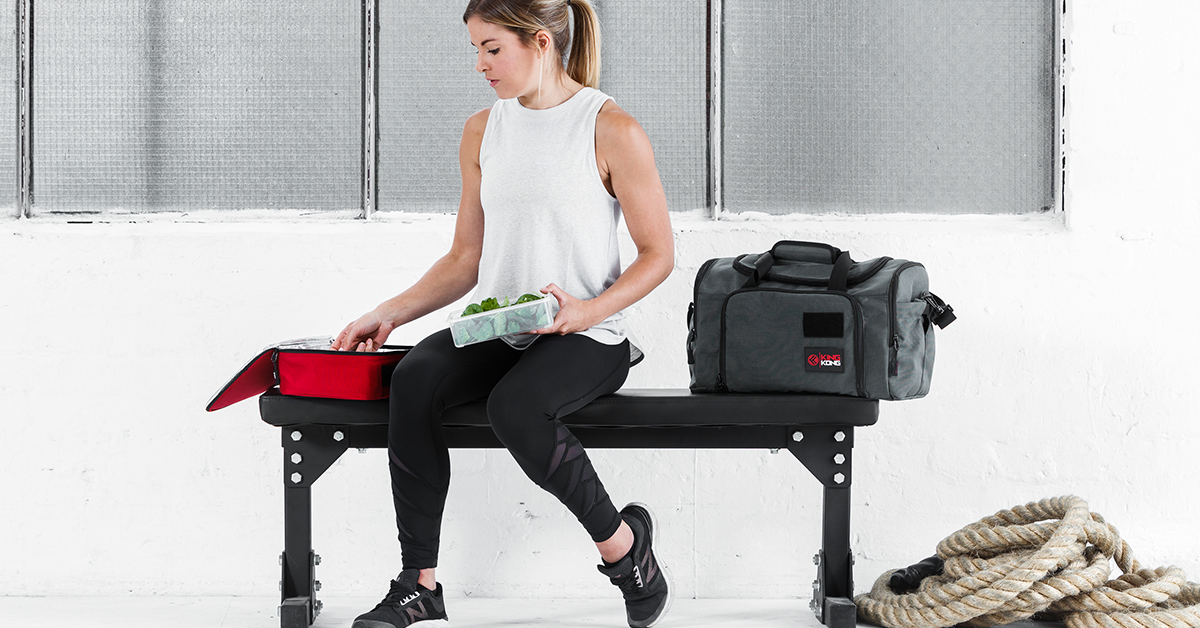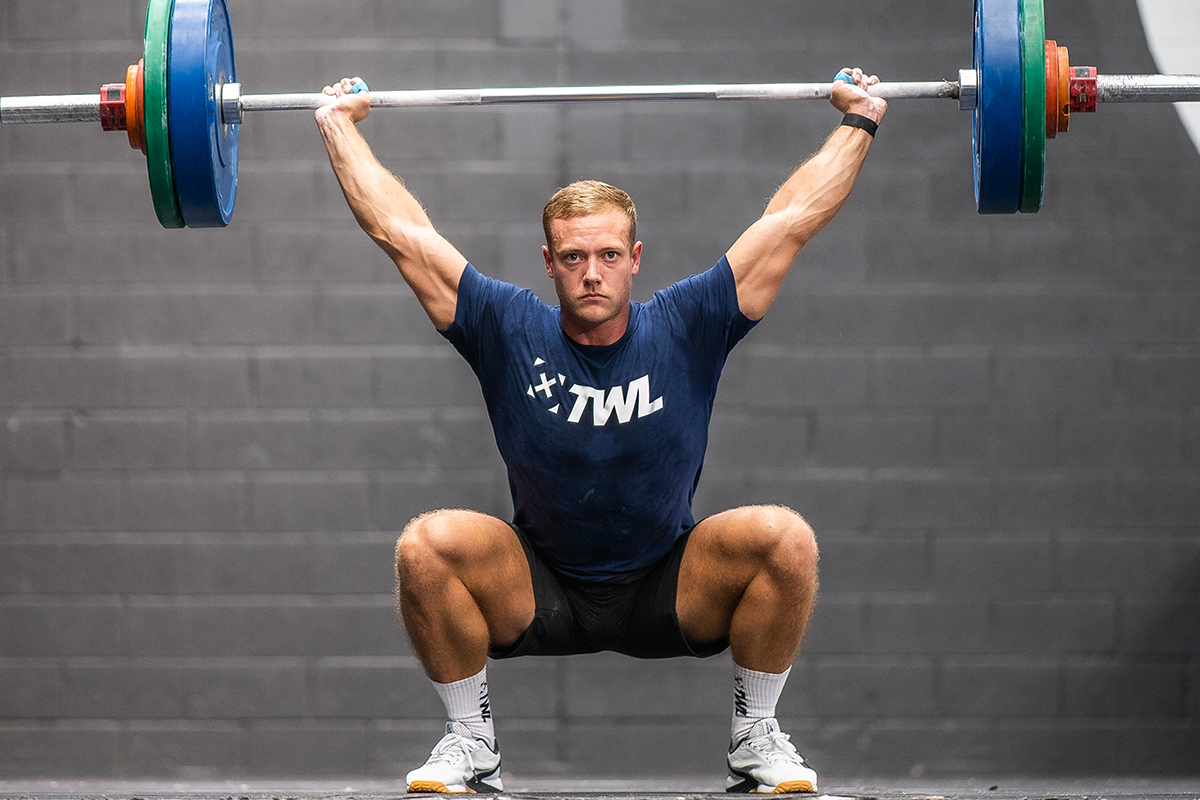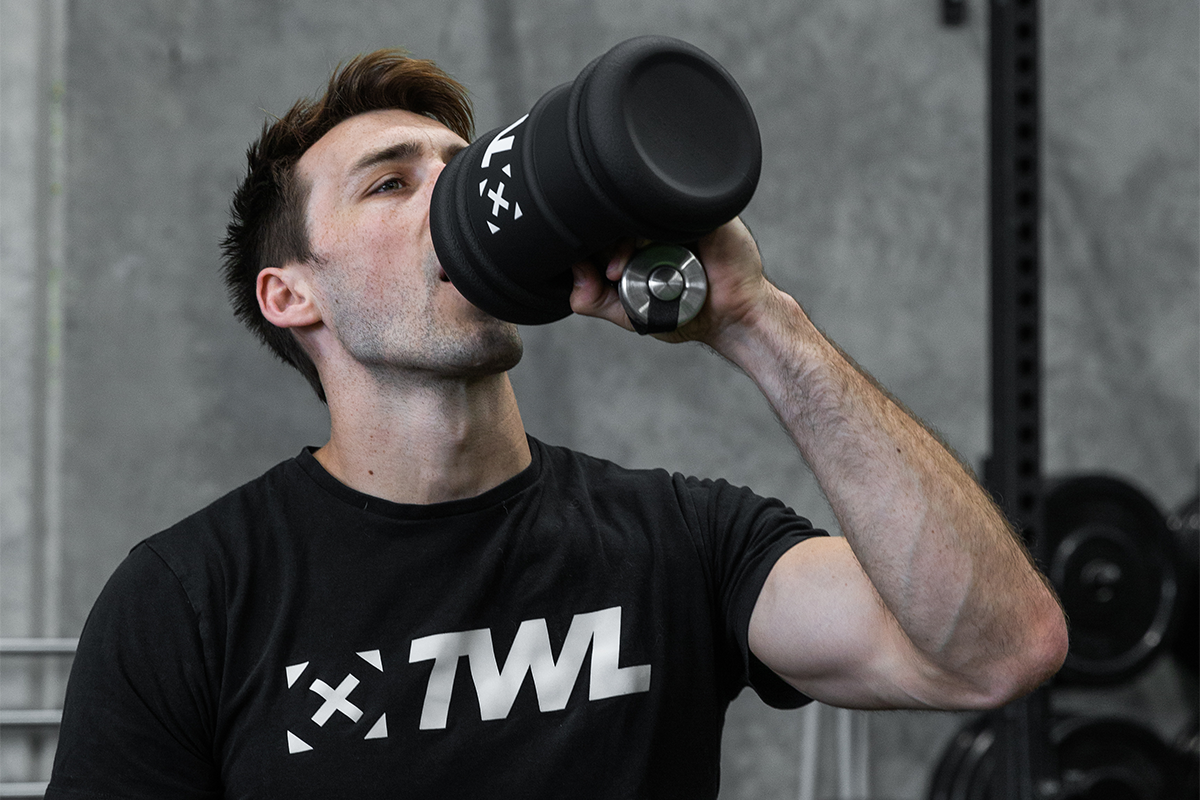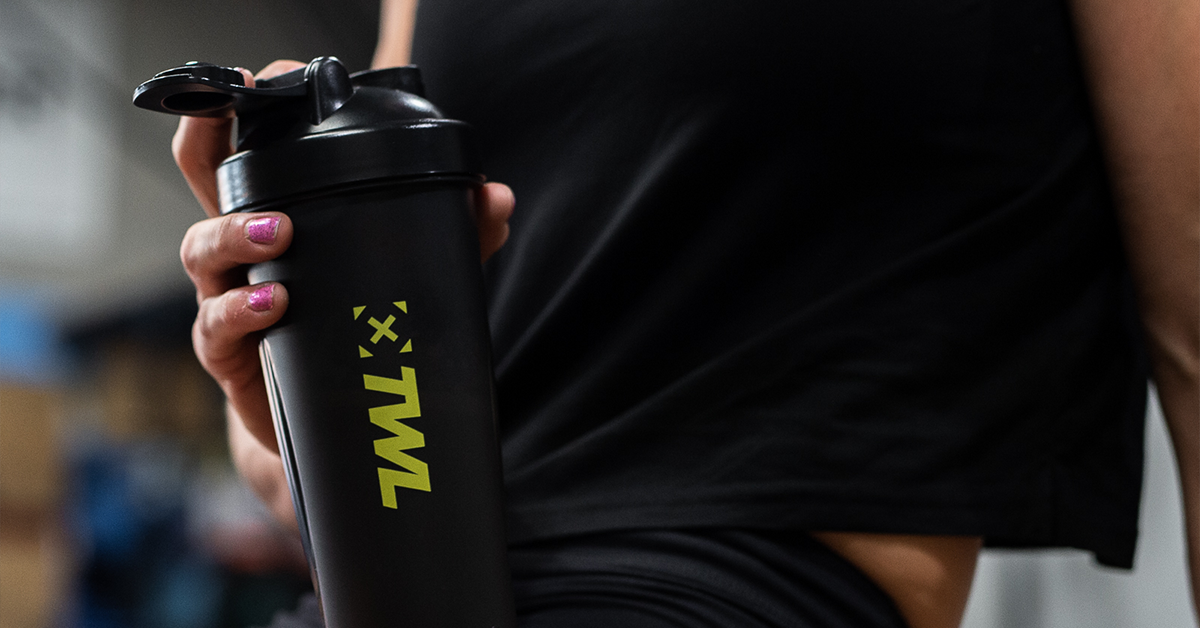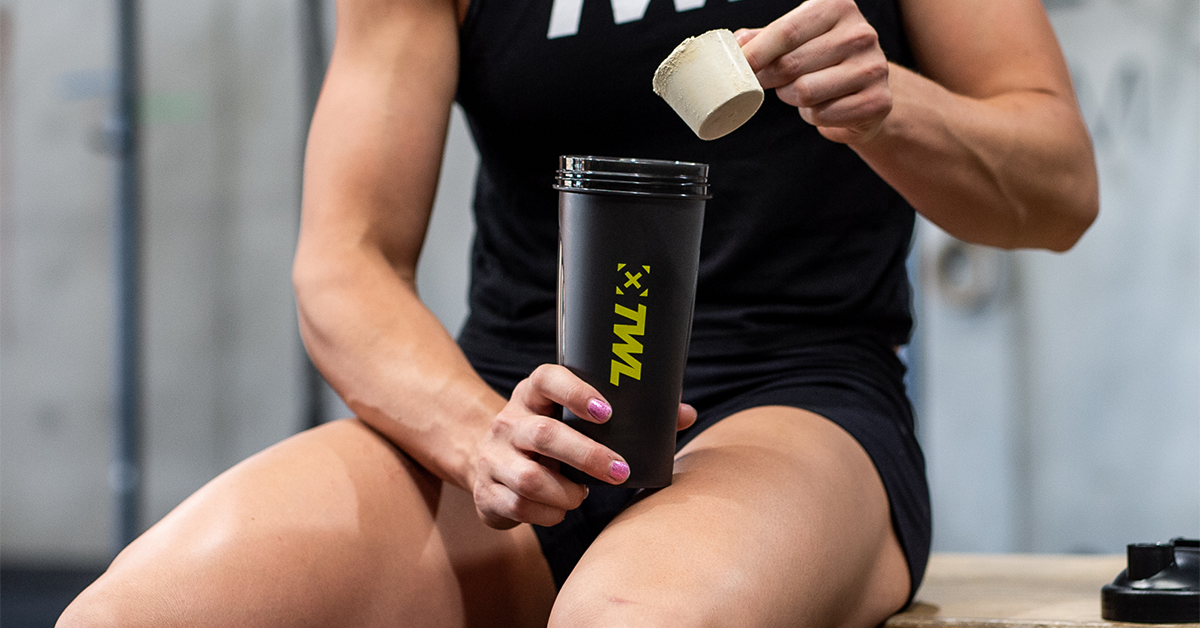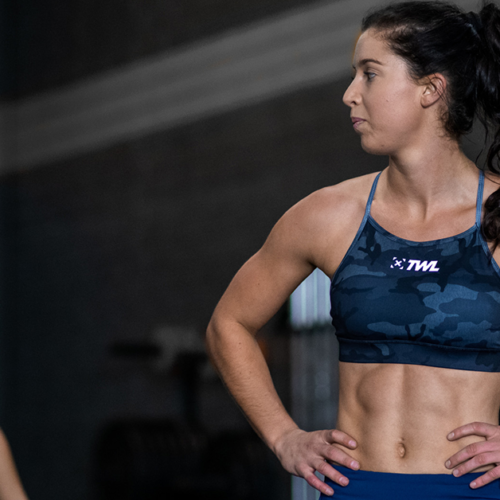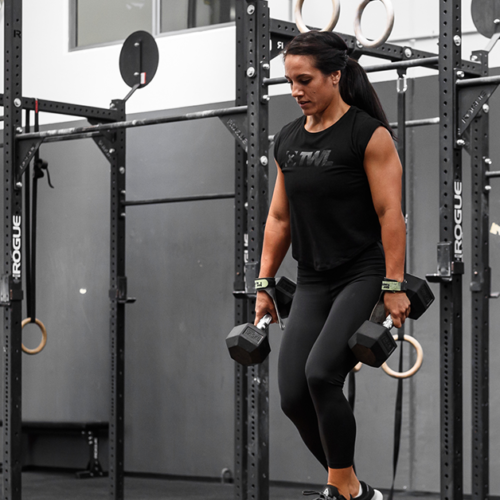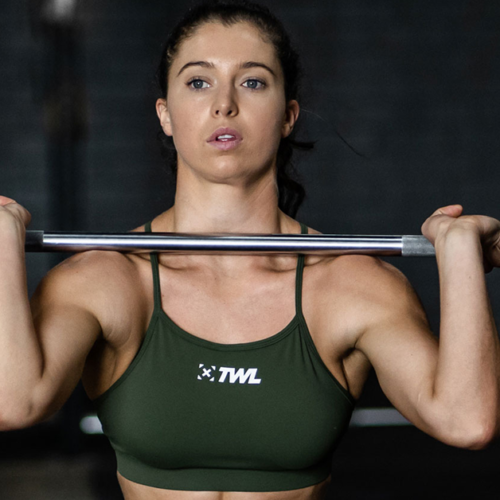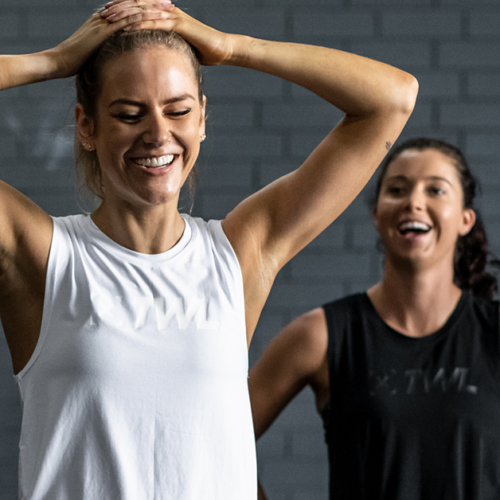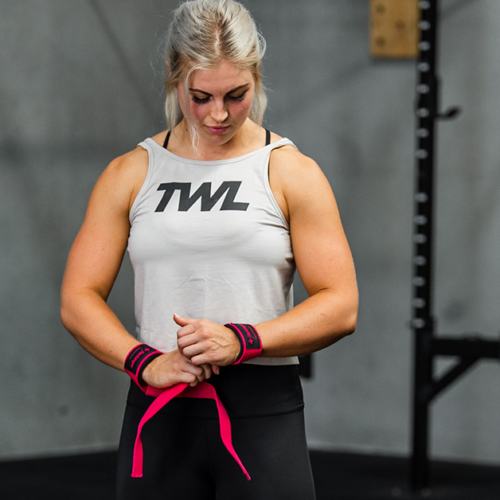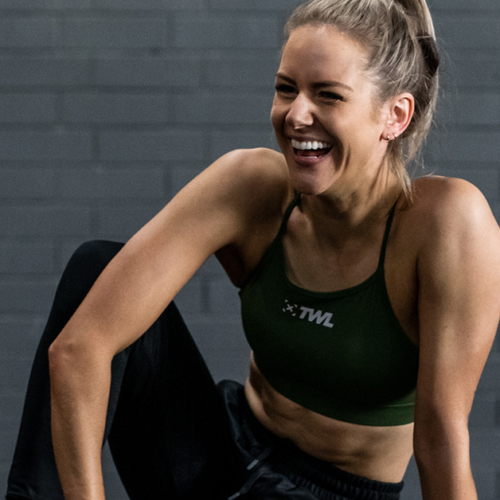“Calories in, calories out” — it’s usually what people point to when they’re talking about gaining or losing mass. If you take in more calories than you expend, you gain weight. If you expend more than you take in, you lose weight. If the numbers are roughly equal, you maintain your weight.
Sounds simple, right?
Wouldn’t that be nice?!
In actuality, there’s more at play here. We wouldn’t go so far as to call it a nutrition myth, but it certainly warrants a bigger discussion.
Wait, What Do We Mean by “Calories In, Calories Out,” Exactly?
Calories in is a simple one: This refers to the number of calories you consume.
Calories out is a bit more complicated, and this is where things first start to get dicey. Calories out includes a number of factors, such as:
- What you burn due to physical activity.
- The thermic effect of the food you eat (meaning how much energy your body uses to digest your food).
- You resting energy expenditure (meaning how much energy your body needs simply to function and live day to day).
- The climate you live in. (People in hotter and dryer climates are going to sweat more.)
- Your hormones (and for the ladies, where you are in your cycle).
You can likely already see why this is a more complicated conversation than many people assume. There are multiple factors, some of which we can’t even see — or really, control.
Let’s keep going.
Why “Calories In, Calories Out” Doesn’t Tell the Whole Story for Nutrition
We want to be very clear here. Yes, your total caloric intake plays a big role in your body mass and whether you gain or lose.
Here’s the thing, though (and this will be easier to illustrate with an example).
Let’s imagine we have two women of the same height and weight. We put them on the same exact nutrition plan and the same exact gym programming. They take in the same number of calories and — as far as we can see through their training — burn roughly the same number of calories.
One month later, the first woman has maintained her weight. The second woman has gained a kilo.
Why?!
It’s because there is more at play than we can determine. Now, if we could wave a magic wand and know — with certainty — the exact caloric expenditure of each woman, would the whole “calories in, calories out” model be more accurate and reliable? Yes.
But that’s the issue. We don’t have that magic wand.
We want to reiterate that having at least a general idea of what you’re eating and what you’re burning will help you tremendously. Our point, though, is that if something isn’t adding up, it’s simply because our bodies are so very complex. They are intricate machines doing a lot more than we could ever know.
Losing Weight Isn’t as Simple as Cutting Calories
On a similar note, we want touch on the concept that all you have to do to lose weight is eat less.
Hold on a moment.
There are plenty of people out there who have reduced their caloric intake and their weight plateaued — or even went up! This could be because when your body senses it’s getting fewer calories, it starts to panic a little. It feels less food coming in, so it stores up whatever calories it’s still getting.
And on the other hand, quite ironically, many people have experienced eating more and losing weight.
At this point, you might be throwing your hands up and yelling, “Nothing makes sense!”
But Isn’t a Calorie a Calorie?
This is another great question. Some people will argue that a calorie is a calorie is a calorie — whether it comes from a free-range organic chicken breast or a donut.
So, is a calorie a calorie? Yes and no.
Yup, another frustrating answer!
Your body is going to look at it as a calorie no matter what. However, your body can respond to calories differently. For example, your body’s reaction when you eat 30 grams of protein might be different from its reaction to eating 30 grams of simple sugars (read: carbs).
Furthermore, how you feel can be severely impacted. If you eat 200 calories worth of oatmeal before a training session, it’ll likely give you all sorts of long-lasting energy.
If you eat 200 calories of french fries, you might feel sluggish and even sleepy.
This further impacts the effort you’re able to put into your training, which then can affect your caloric expenditure even more.
See how it’s all connected?
What’s the Bottom Line?
This blog is by no means an exhaustive explanation of this whole process. Furthermore, more research is needed to find additional answers.
Rather, we want to plant a seed, so to speak, and get you thinking a little more.
Know that calories in, calories out is important, yes.
But, know that this isn’t 100% all we care about.
Know that you can eat more and lose weight.
And know that you can eat less and gain weight.
What’s the best approach for you, then? Make small changes over time and measure the results. And whatever you do, don’t solely base your progress — or lack thereof — on the number on the scale, which is just one (often very deceiving) metric. Your weight can go up while your clothes are getting baggier. This is because you’re losing fat in exchange for muscle, which weighs more but takes up less space. In this case, you definitely don’t want to let the scale dictate how you feel about the progress you’re making.
Furthermore, how do you feel? Energetic? Happy? Motivated? This is absolutely connected to the food you’re putting in your body. How’s your performance in the gym? Are you feeling stronger? Adding muscle to your frame?
Fuel your body and give yourself space and patience, and you’ll make progress over time. You got this!

